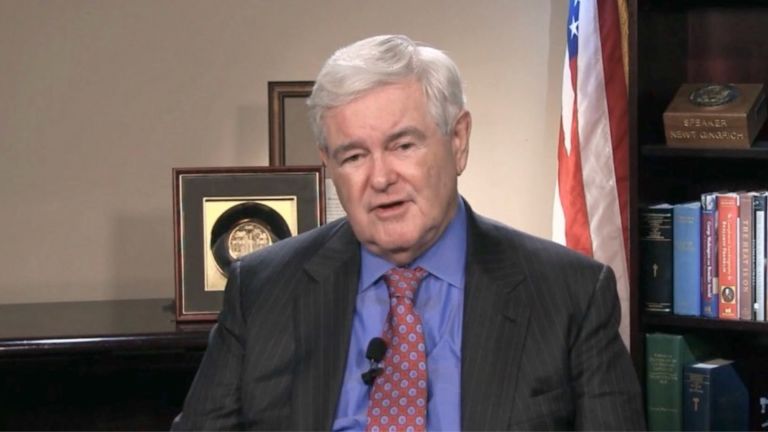Zachary Halaschak of the Washington Examiner focuses on recent reviews of government programs that dole out free money.
Interest in universal basic income has grown in recent years, and now many are looking to pilot programs to see whether local-level experiments could be applied to the federal level.
The concept of UBI, which is paying a person merely to exist and not in exchange for labor, has been around for decades. But interest in the idea grew amid presidential candidate Andrew Yang’s push for UBI as well as the rounds of stimulus spending that the federal government churned out during the COVID-19 pandemic.
There have been several pilot programs for UBI, although it is worth noting that opponents of the concept are quick to call those experiments flawed for many reasons. Critics contend that there has never been a scientifically sound UBI pilot because of how the local programs are structured — and that UBI on a broader level would be even more difficult.
Proponents of UBI argue that a broad-based program of direct payments could lift families out of poverty and even make employment more tenable because of fewer economic barriers. They also see it as a way that families could overcome healthcare and education challenges. But critics say that any sort of national UBI program would be prohibitively expensive and could end up hurting more than helping due to the massive tax burden involved.
Allison Schrager, a senior fellow at the Manhattan Institute, told the Washington Examiner that she can’t think of a single study or pilot program over the years that could be considered UBI or used to shed light on the viability of UBI on a larger scale. …
… Robert Rector, a senior research fellow at the conservative Heritage Foundation focused on health and welfare policy, said the Stockton experiment suffered from what researchers call selection bias — that is, the beneficiaries were not randomly selected, but rather were people who knew about the pilot and volunteered to participate.


